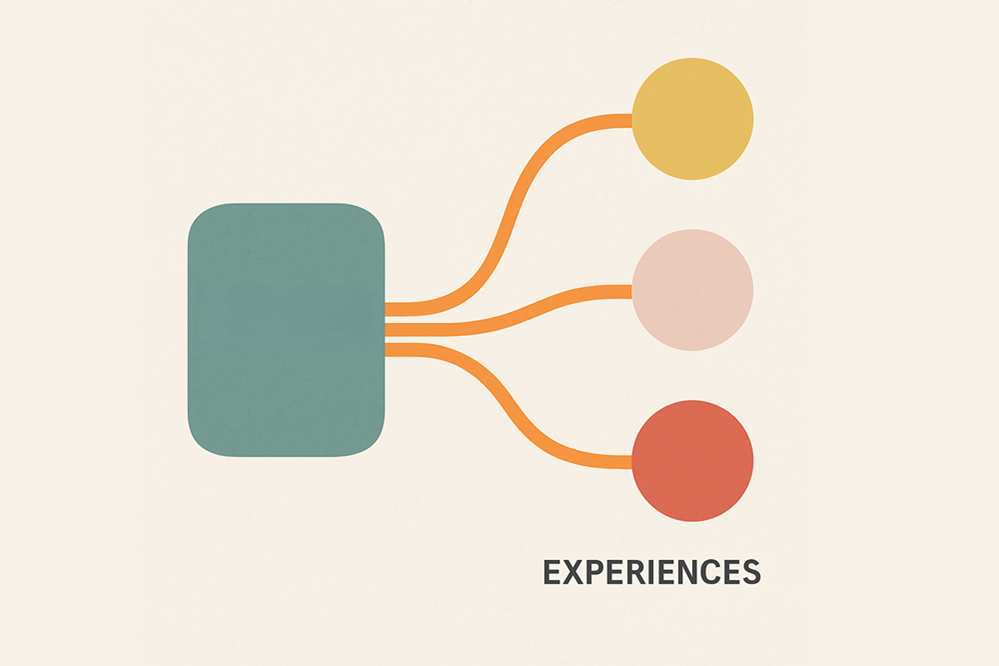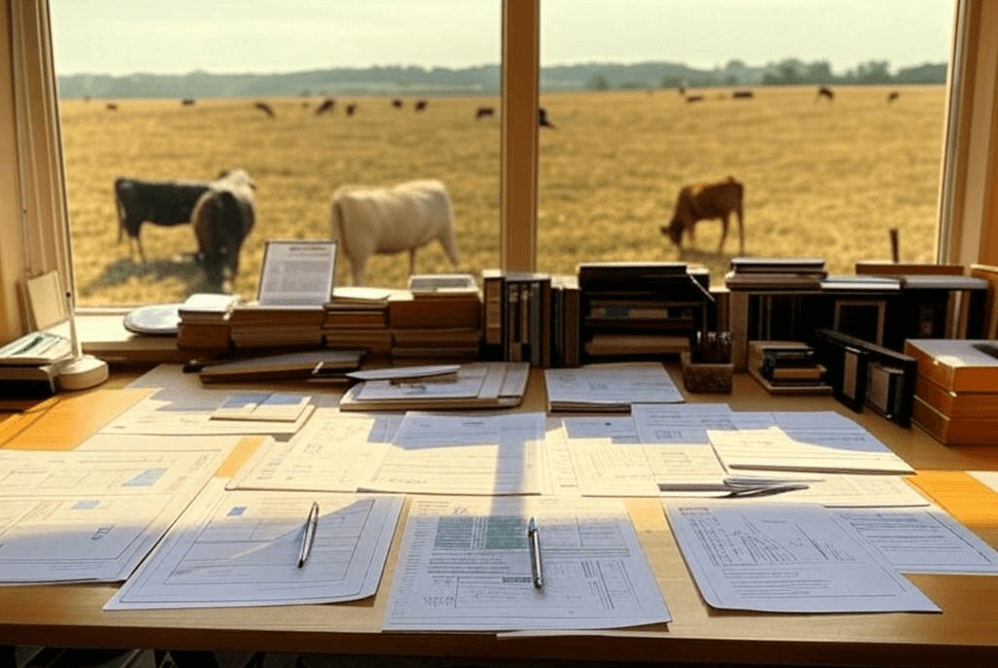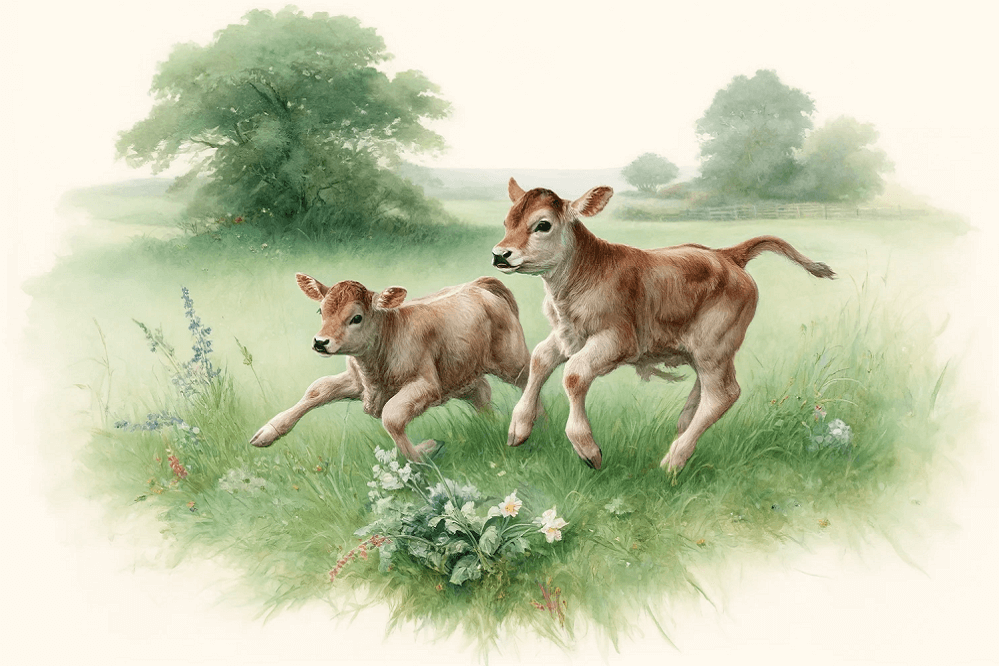THE WELFARE FOOTPRINT INSTITUTE
is a research organization dedicated to quantifying animal welfare to inform practice, policy, investing and purchasing decisions. To this end, welfare impacts are quantified using a biologically meaningful, relatable and comparable metric, applicable across contexts, environments and species: time in affective states (negative or positive) of different intensities. The institute brings together experts from multiple disciplines, rigorous analytical processes and transparency to inform decisions in any area involving the welfare of animals..











